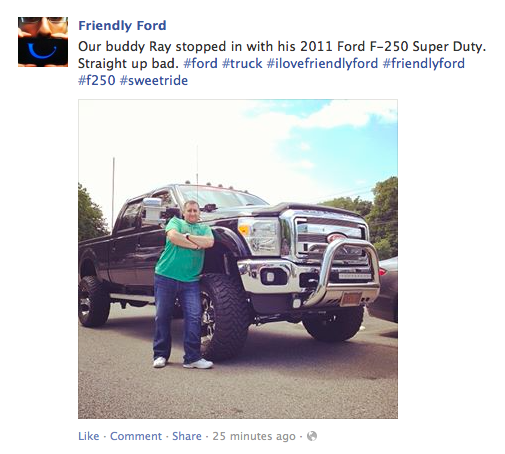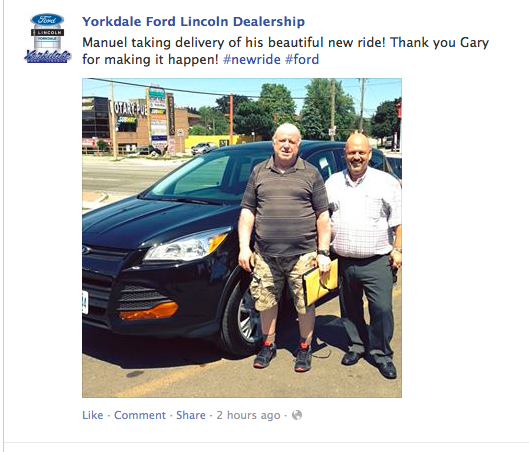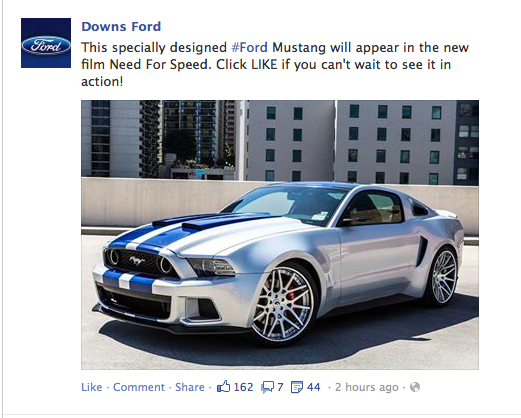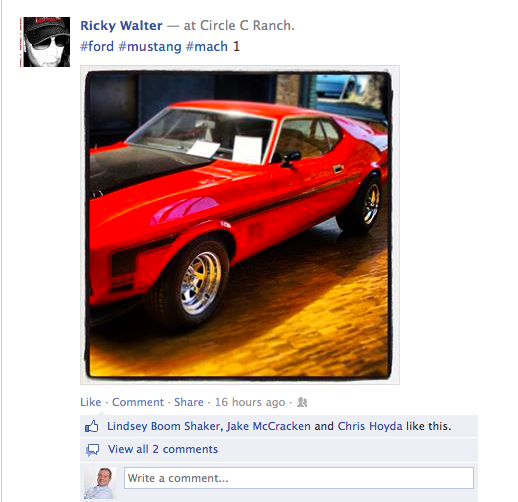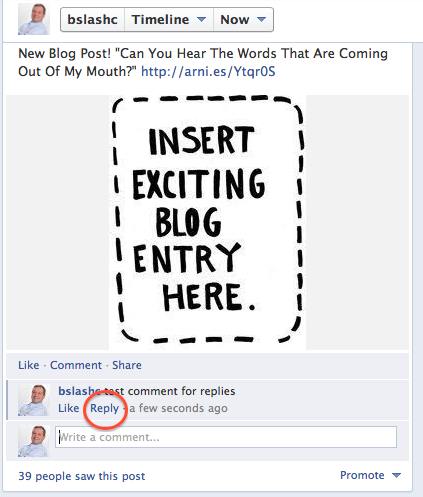 A couple of days ago, I wrote an article about how dealerships (or any business, for that matter) can use hashtags in their social media posts to potentially increase exposure.
A couple of days ago, I wrote an article about how dealerships (or any business, for that matter) can use hashtags in their social media posts to potentially increase exposure.
The biggest question I had was regarding hashtag visibility from personal posts so I thought I’d write a short article with that answer.
Facebook privacy settings trump everything.
What does that mean? If you put a hashtag in a post on your personal profile that is public, anyone clicking on (or searching) that hashtag has the ability to see your post. If your posts are limited to friends of friends, only those people can see those posts. If your privacy settings are “friends”, then only your friends would see your post in a hashtag search.. you get my point.
Unless your friends are hashtag-using people, hashtags have the most possibilities for businesses and Pages. That being said, it could be useful to create a hashtag for a conversation amongst friends (or a common interest or event.. say a birthday party or other group event) so that all of those involved in the conversation/event would have the ability to view all the posts, pictures and other related content easily.
So, there’s your answer. The visibility of your personal posts with hashtags rely completely on the privacy settings of THAT post so don’t freak out and think that everyone can see your hash tagged personal posts should you decide to use hashtags.
(Except maybe the NSA, but that’s a different story).
